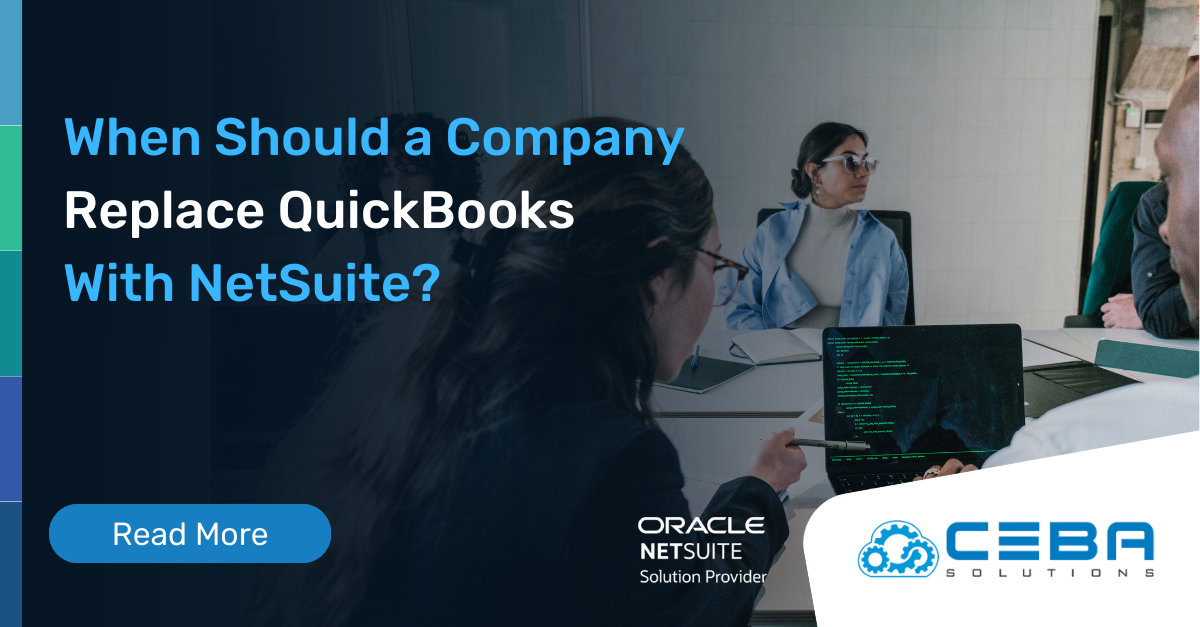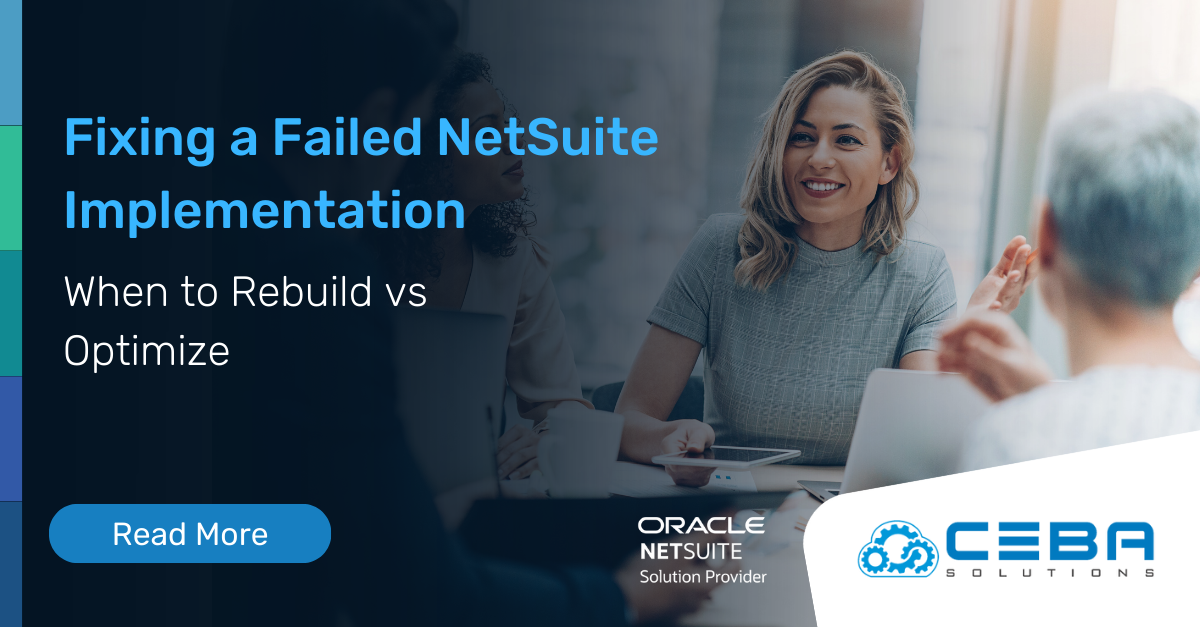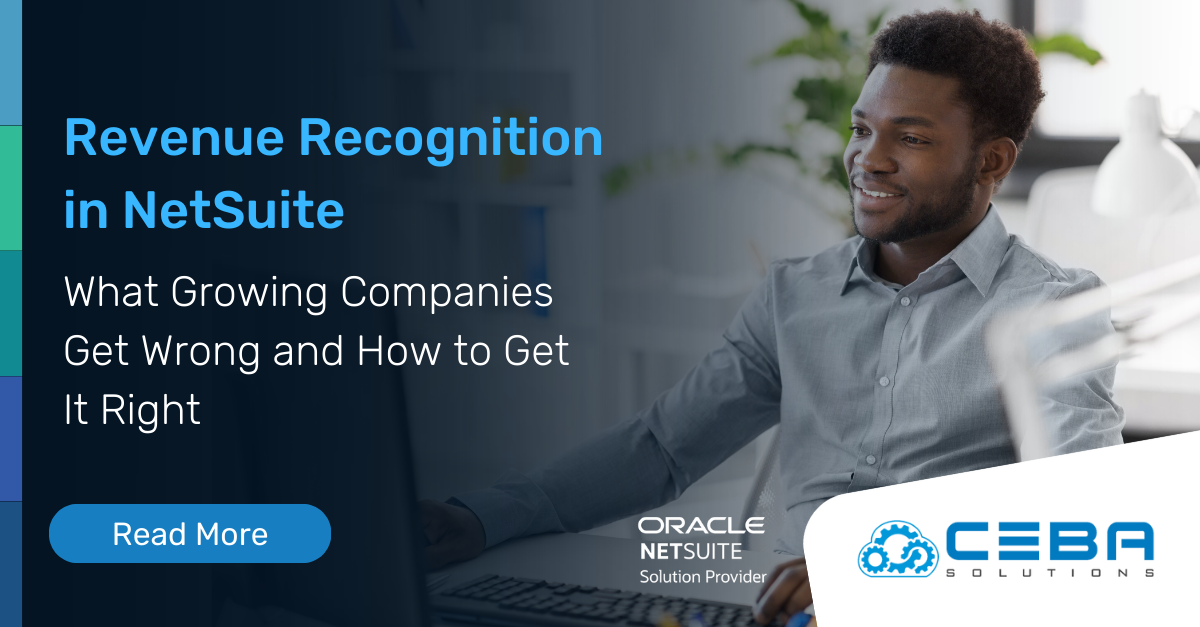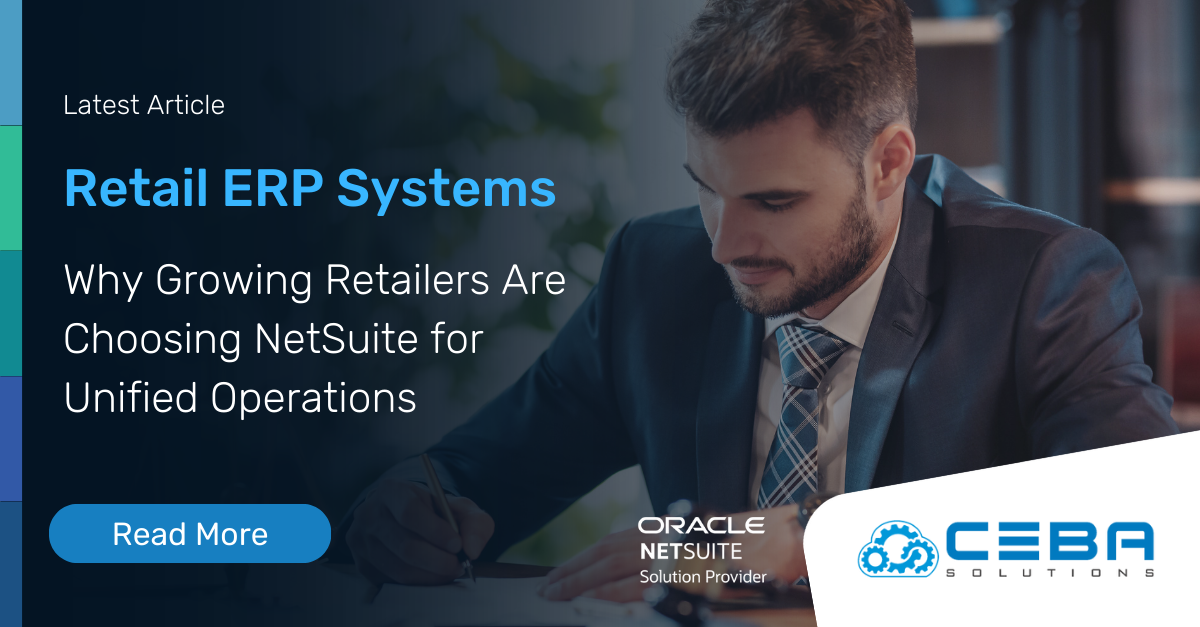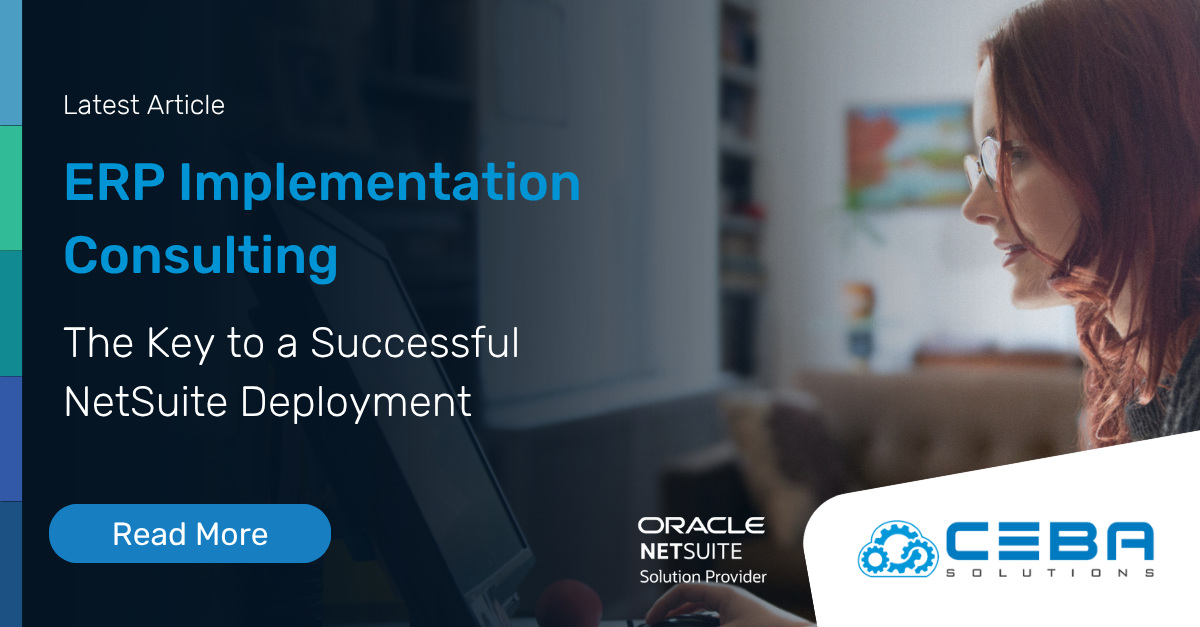
Using ERP Technology to Eliminate Supply Chain Risk
Using ERP Technology to Eliminate Supply Chain Risk
Supply chain risk can be a major challenge for many businesses, resulting in lost revenue and customer dissatisfaction. Fortunately, ERP technology is quickly becoming one of the most effective tools to manage and mitigate supply chain risk. By leveraging the insights and capabilities of ERP systems, businesses are better able to identify potential risks before they become actual problems and take corrective action to prevent any negative impact on the business.
In 2023, global supply chain management is more complex than ever. The pandemic has caused global shortages of many products, slowed down logistics and impacted resource availability. For businesses, this now means that optimizing their supply chain for risk management has become a key element of their strategy.
What is ERP technology and how does it help to reduce supply chain risk?
ERP stands for Enterprise Resource Planning, and it is a suite of integrated software modules that help businesses manage their various resources and operations. Through the use of cloud-based computing, ERP technology helps companies to streamline their processes and gain greater visibility into every aspect of the supply chain. This includes tracking inventory levels, identifying potential risks and developing strategies to mitigate them.
With its numerous functionalities, ERP technology, like NetSuite, can help businesses reduce supply chain risk in a number of ways. For example, companies can use the system to track inventory levels in real-time and plan for potential shortages or delays. The system is also able to provide detailed insights into customer demand and buying trends, enabling businesses to better anticipate demand and ensure the right products are available when they are needed.
Additionally, ERP systems can be used to automate certain processes in order to reduce human error and ensure accuracy across all stages of the supply chain. By leveraging ERP technology, businesses can gain greater control over their supply chain and reduce the risk of disruption, resulting in a more efficient and cost-effective supply chain.

Download the Ultimate Guide to Oracle NetSuite
Learn why NetSuite is the #1 Cloud ERP for Small and Mid Size Businesses Focused on Unlocking Growth. Download the Guide
Benefits of using ERP technology for supply chain management
Using ERP technology to manage the supply chain has a number of benefits for businesses. Because of the comprehensive nature of an ERP, having access to all business data in a single database means that reporting can provide deeper insights into both the current health of your businesses key departments, such as finance, customer service and inventory management.

For supply chain specifically, having this single source of truth, combined with historical data means businesses are able to create notifications and alerts when specific things occur, such as stock becoming unavailable or delayed. This makes planning and adapting to these changes easier, as businesses have greater insights into the 'down-the-line' impacts of any changes.
ERP technology can also help to streamline the supply chain process by automating tasks, such as data collection and analysis. Automation helps to reduce human error and makes it easier for businesses to manage their operations efficiently. By using ERP technology to eliminate manual processes, businesses are able to save money in the long term and increase their overall productivity.
Different types of ERP systems available
Most ERP systems are designed with core features such as Customer Relationship Management (CRM) and Accounting and Financial Management, that are available to all clients, as well as specific modules that meet the needs of specific types of businesses such as wholesale distributors (e.g Warehouse Management and Demand Planning), manufacturers (Work Orders and Manufacturing Resource Planning, also known as MRP), and retailers (eCommerce and Point of Sale).
Identifying your business requirements is critical to ensuring that you select a solution that will not only provide you with the functionality you need today, but also enhance functionality in the future as your business changes and grows.
NetSuite offers a wide range of industry editions that have been specifically built to meet the unique needs of various industries including Wholesale, Manufacturing, Retail, eCommerce, Professional Services, Not-for-Profit and more.
Challenges associated with implementing an ERP system in a supply chain setting
Implementing an ERP system in a business with complex supply chain management requirements can present its own set of challenges. Because the software needs are complex, businesses must make sure that their chosen solution meets the specific needs of their organization and that the team responsible for managing and maintaining it has the necessary skills and resources to do so.
Additionally, businesses must be aware that integrating ERP software into an existing supply chain software ecosystem can be a challenging and time-consuming process. It is important to ensure that the project is properly planned and managed in order to minimize disruption and ensure successful implementation.
Finally, businesses must consider how their ERP system will work with other systems used by the organization, such as existing warehouse management systems and logistics systems. Integrating these different technologies is essential to ensuring a seamless flow of data and information in the supply chain process.
In Summary
ERP technology can be a powerful tool for businesses looking to gain greater control over their supply chain and increase the efficiency of operations. When selecting an ERP system for your business, it is important to consider the specific needs of your organization and how the chosen solution will integrate with existing systems. Additionally, organizations must pay special attention to how they plan and manage the implementation process in order to ensure a successful transition. With careful planning and consideration, businesses can leverage ERP technology to gain a significant competitive advantage in their supply chain operations.
About CEBA Solutions
CEBA Solutions is a leading NetSuite partner, specializing in implementing ERP into businesses with complex supply chain management requirements. Our experienced consultants can help you to identify the right solution for your business and develop a tailored implementation plan that is designed to optimize your operations. To learn more about partnering with CEBA Solutions, contact us today.




.png)

